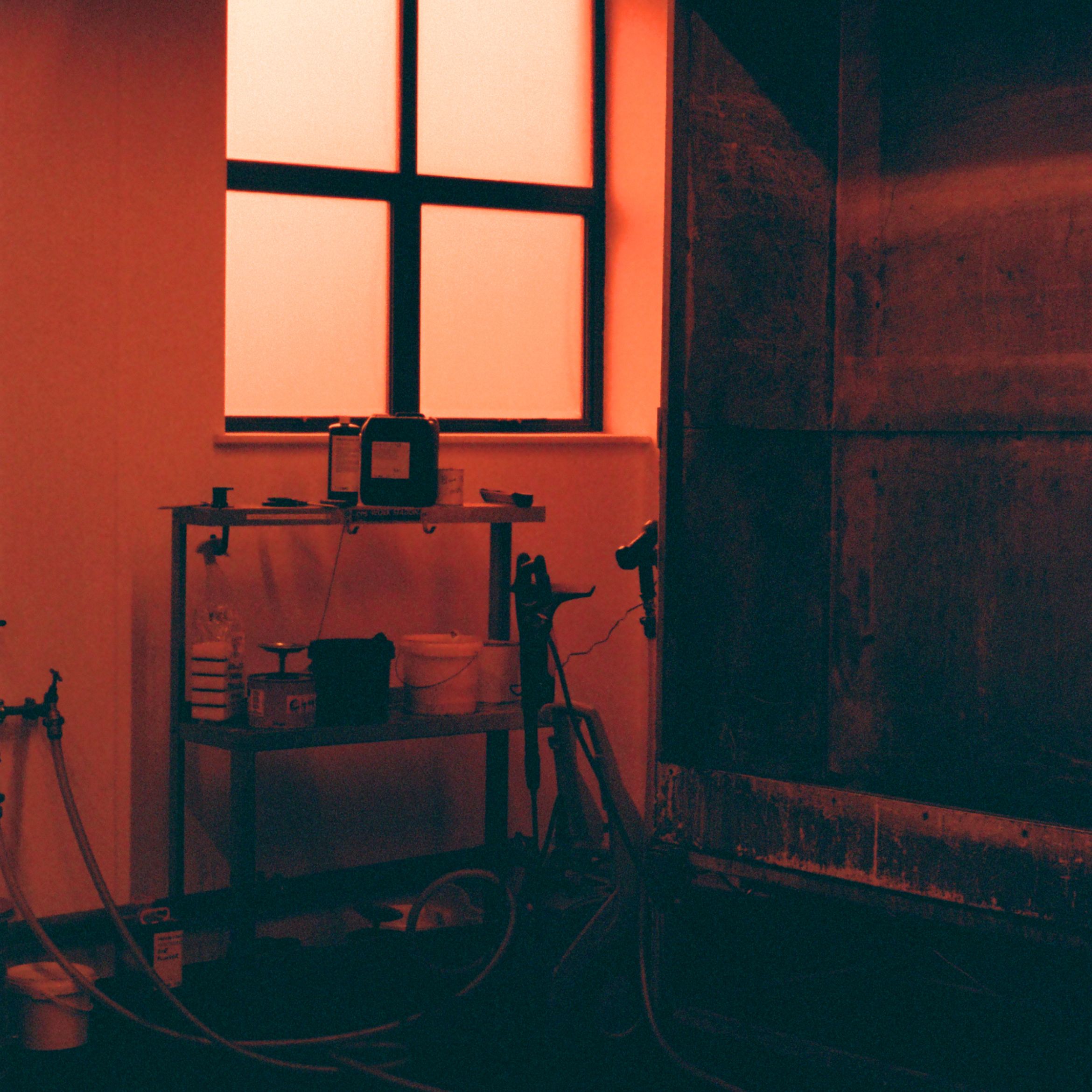“Every character is like my son. At the end of my life, I might have thousands of children.”
Wide-eyed portraits packed with wry humour and emotional candour.
Calleja’s work is equally sarcastic as it is sensitive. His portraits depict stylised figures with exaggerated heads and big, melting eyes, reminiscent of Manga or Anime characters. Scrawled across their t-shirts, phrases like “FUCK YOU ALL” undercut their apparent cutesy innocence. Facial features with perfectly merged gradients are contrasted by flat, single-colour backgrounds and loose line-work that illustrates their bodies. The artist also translates his painted figures into fibreglass sculptures that, with their uncanny animated style and manufactured finish, evoke the works of contempor...
Bio
Javier Calleja was born in 1971 in Malaga, Spain, where he continues to live and work.
Accolades
Awarded the DKV Best Spanish Artist Prize and the Idea Marset Prize, with works featured in collections including the Banco Sabadell Collection, Diputación de Málaga, DKV Collection, Market Collection, CAC Málaga, Unicaja Collection and that of Granada University.
Did you know?
Calleja resists the 'over-theorisation' of art, preferring to create works that can be easily accessed and understood by their viewer. This approach, paired with his distinctive aesthetic, has seen him amass a dedicated following of fans and collectors around the world - with every show a sure-fire sell out and waiting lists reaching far into the distance.

